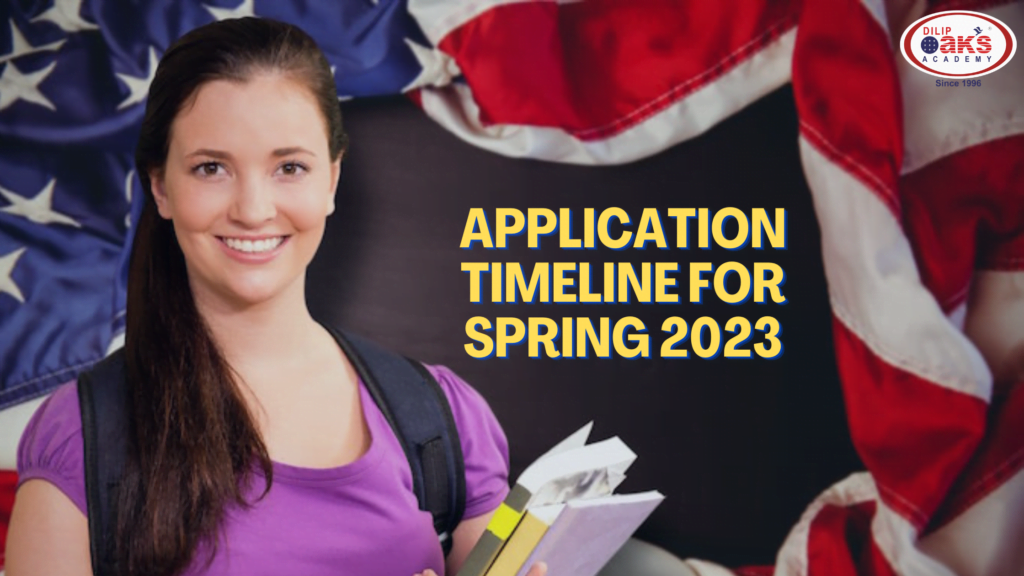IELTS candidates face a lot of problems while writing essays. Despite the ample amount of material available online, they find it difficult to score a good band in writing task 2. All the hacks and notes they have referred to fail when they confront the blank answer sheet. Has that ever happened to you?
If yes, then you have come to the right place, as this blog will help you write essays by following 5 simple yet effective steps:
Step 1: Understand the Question
The answer lies in the question itself. This holds true for IELTS essays also. Read the task or question carefully, identify the keywords, and pay heed to all the points mentioned in the question. This will help you understand what is expected of you in the essay.
Step 2: Form an Opinion
Your opinion matters! Once the task is crystal clear, the next step is to analyze the points mentioned in the prompt. To come up with more ideas, ask yourself several questions like who/when/what/why. This will help you generate more ideas for writing a power-packed essay.
Step 3: Structure your Essay
Structure makes your essays easily readable. Using correct syntax and writing coherently improves clarity and comprehensibility. Therefore, ensure that you use correct grammar and arrange your points in a logical order.
Step 4: Conclude Briefly
A well-rounded conclusion works like a charm. Reinforcing your points in a succinct manner gives a clear-cut idea to the reader by summing up everything you have elaborated in your essay.
Step 5: Proofread Keenly
Proof reading can take you one band ahead. It is observed that students who score more than 7 bands on the IELTS essay proofread their essay and make changes where necessary. This is the master stroke that will separate you from the rest.



